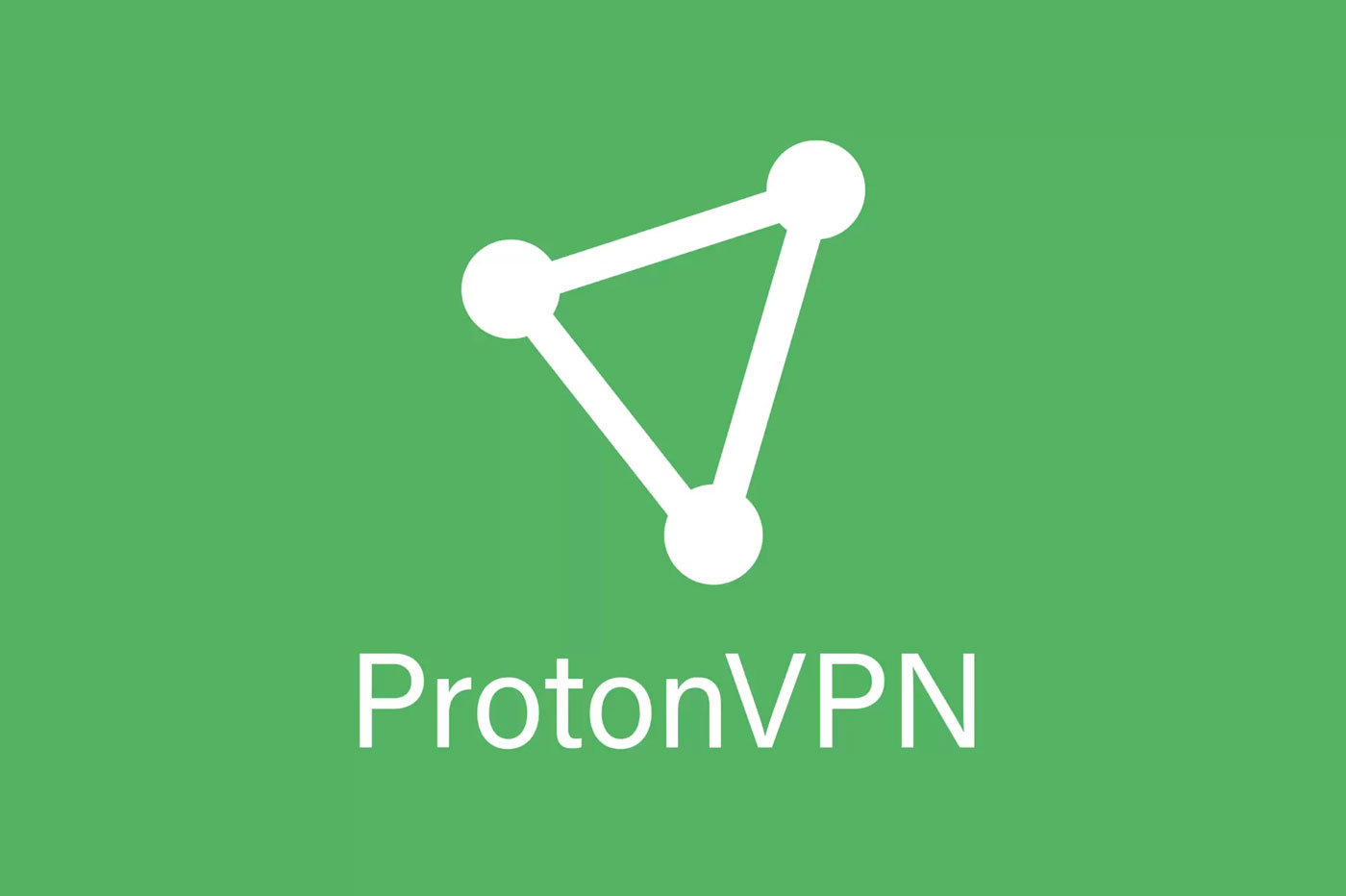Free VPNs are a tricky business because you always want to know how the company covers its costs and if it has ulterior motives in offering a free product. Some services pester you to upgrade or just use the free version as advertising for the paid service. Others, however, may host third-party ads, meaning your browsing habits are likely being tracked—which defeats the purpose of using a VPN in the first place.
While we recommend paying for a VPN if you plan to use it in the long term, we understand that sometimes you just need something quick and free or you want to try out a service before opting to pay. Therefore, we’ve curated a list of our favorite free VPNs, which all provide reliable security and good relative speeds. So if you don’t mind the restrictions and possible ads with a free service then our recommendations below are your best bets.
If you decide that you want to upgrade to a full-fledged paid service, check out our comprehensive roundup of the best VPN services to see the best VPNs from every category.
1. ProtonVPN – Best overall

Pros
- Fantastic speeds
- Easy-to-use multi-hop feature
- Supports TOR over VPN connections
Cons
- Only one device connection with free version
When it comes to Windows and free VPNs you can’t beat ProtonVPN. The free version only allows one device connection at a time per account, but that’s all you need if Windows is your focus.
ProtonVPN’s speeds are second best in our tests of the paid services, but ProtonVPN does limit free account speeds somewhat to what it calls “Medium speed.” These speeds were entirely acceptable, however, for all the various things you might want to do such as video streaming or regular web browsing. Note, however, that explicit Netflix support is not part of the free offering.
We also like ProtonVPN’s app design, which can be expanded to a larger version with an interactive map. Alternatively, it can be reduced to something more like a smartphone app.
ProtonVPN requires an email address and password to use the free version and users are limited to three country choices.
2. Windscribe – Best for multiple devices

Pros
- Simple setup
- Good performance
- Great free plan
Cons
- Tricky security track record with 2021 server incident
- Slow loading of browser extension
Windscribe is the value choice if you want a lot of extra features and fewer limitations than other free services with one big exception. Namely, that you only get 10GB worth of data per month. That is not enough for a lot of video streaming, but it’s fine for everything else.
As a trade-off there are no device limits and you get 10 location choices, which is more than most free services. The Windscribe app is also pretty straightforward
Windscribe requires you to sign up with an email address.
3. Hide.me – Also recommended

Pros
- Good download speeds
- Easy-to-use Windows app
- No-logs promise
Cons
- Speeds were inconsistent in our tests
- One device at a time
Hide.me is a mix of both ProtonVPN and Windscribe. Similar to Windscribe you only get 10GB per month with the free version, and like ProtonVPN you only get one device at a time. Country choices are narrowed down to four with two regions in the U.S. for a total of five location options.
What to look for in a free VPN on Windows
When you’re shopping for a free service for Windows the criteria are similar to what you’d consider for a general free VPN. You want a service that is not displaying third-party ads or harvesting your browsing habits. Privacy is key with VPNs and even on a free one there’s no reason to compromise.
Next, you can consider what’s important to you such as ease of use with an interface you understand, speeds, and country choices. That last point is going to be fairly restricted when going free, because that’s standard practice for free VPNs. Nevertheless, if you want a U.S. connection, for example, most free services will offer that.
If you’re hoping to use Netflix overseas with a free VPN you may be out of luck. Sometimes it might work on a regular U.S. server, but for the most part Netflix streaming requires specialty servers provided as part of a premium package. Other streaming services, however, may not be as picky as Netflix is when it comes to detecting VPN connections.
How we test VPNs
All VPNs tested on Windows go through a three-day process. Each day we test the VPN speeds in five different countries plus the base speed without a VPN connection. Each country is tested three times per day taking the average.
When the testing is done we take the average of the base speed, and the overall global average of the VPN speeds. Then we represent the drop from the base speed as a percentage. The idea is to show how generally good a VPN is across all locations, and not just Europe or the United States. We also don’t show specific megabytes-per-second speed since those speeds can vary greatly, but how much dip to expect as a percentage can be more generalized.
Free VPNs can sometimes hamper the speeds compared to what you see on free VPNs; however, that’s not as much of a concern here as all the VPNs we recommend have good speeds regardless.
Finding a good free VPN for Windows is fairly simple. It all depends on whether you prioritize features like unlimited data usage, extra features, or a higher number of country options.
FAQ
What is a VPN?
A VPN (virtual private network) encrypts your internet traffic and disguises your identity while you browse the internet. A VPN is mainly used for two reasons. The first is that it can anonymize your internet traffic and keep your ISP or any other outsiders from snooping on what you’re doing.
Secondly, a VPN allows you to connect to servers all across the world. This is great for accessing location-restricted content, such as streaming services. All you have to do is connect to the appropriate country’s server and voilà, you’re computer appears to websites as if it were located in that country.
Will a VPN affect my internet speeds?
Yes, but not as bad as you may think. A VPN can have an effect on your internet speeds, but nowadays it’s largely the exception rather than the norm.
When you connect to a VPN, it reroutes your traffic through its own servers. Depending on where these servers are located, the extra distance added to travel to and from those servers may lead to a higher ping—this is especially relevant if you are gaming. Also, VPNs encrypt your data, which can lead to slower download and upload speeds. Since it takes time to encrypt and decrypt your data, this can affect everything from page load times to video buffering speeds. Thankfully, advances in encryption technology and server optimization by modern VPN providers have lessened these impacts significantly.
Does a VPN protect against malware and computer viruses?
Unfortunately, no, a VPN will not protect you from malware or viruses. If you use a VPN and accidentally happen to click on a malicious link or download a file with a hidden virus, there isn’t anything a VPN on its own can do to help. It is highly recommended that you use an antivirus program or find a VPN provider with additional threat protection features to help keep you safe while browsing and downloading.
Are VPNs legal to use?
Yes, in the U.S. and many other countries, using a VPN is completely legal. Just be careful as some websites might try to block VPN connections for their own reasons and this can lead to confusion. They are legal to use, but the terms of private websites can trump that. Also note that while using a VPN is legal, some of the activities done while using a VPN might be illegal. Activities such as downloading pirated copyrighted content or accessing dark web markets are both illegal with and without a VPN.
Thinking of using your VPN for something other than with a Fire Stick? Check out more of our best VPN roundups to help you make the right decision:


